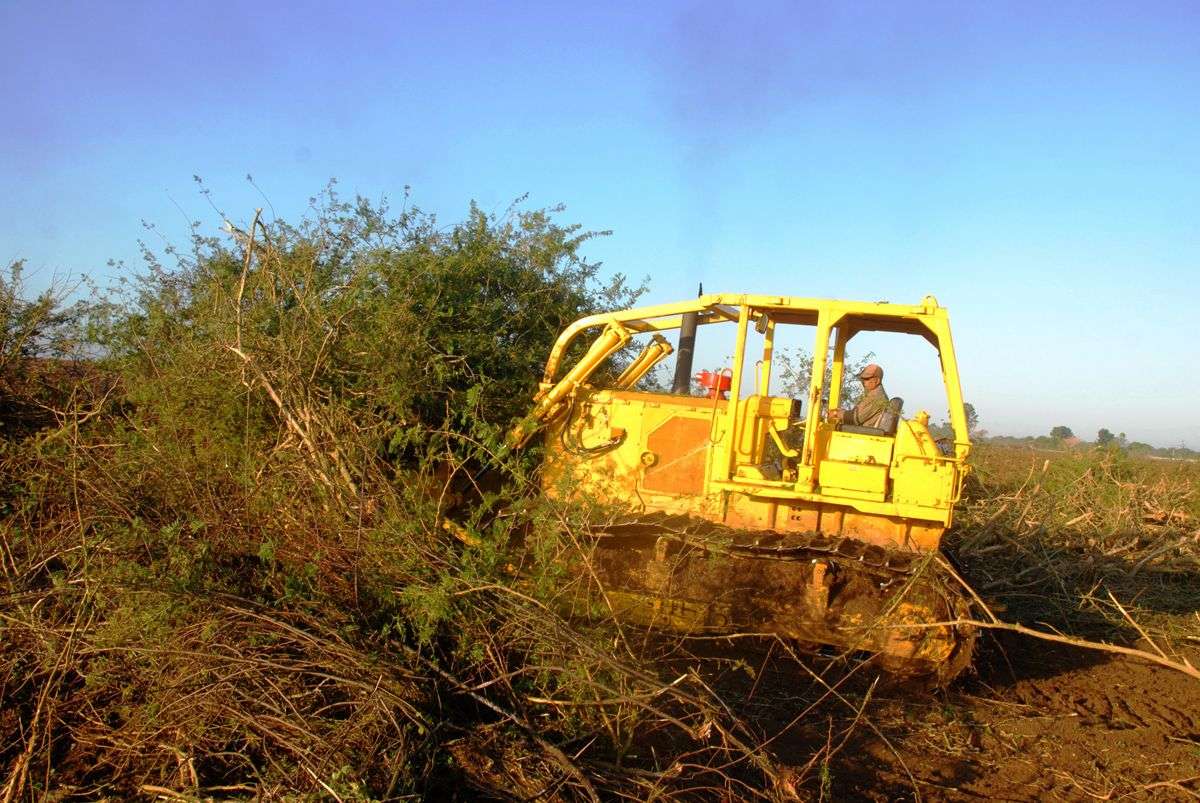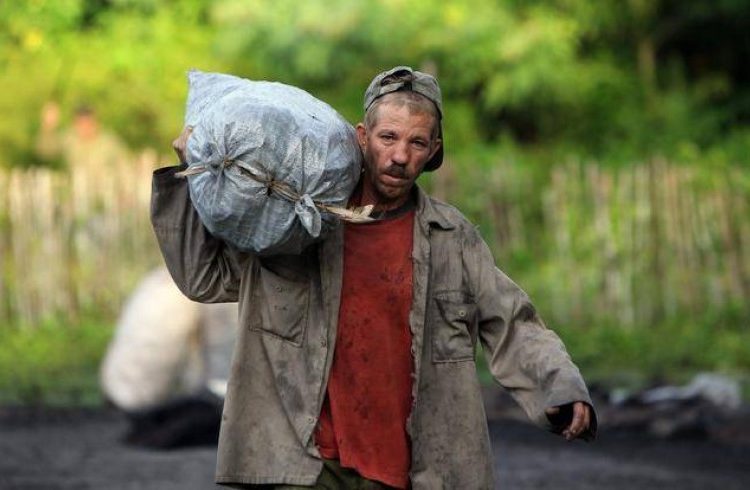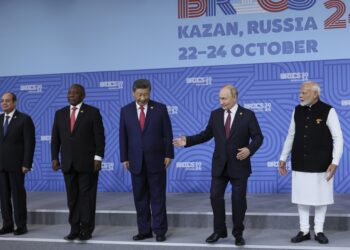It wasn’t cigars, or rum, or coffee. The first product that Cuban state-run entities will export to the United States in 50 years will be marabú charcoal, which is produced on the island in a artisanal way.
An agreement signed on Thursday between the U.S. company Coabana Trading LLC, a subsidiary of Reneo Consulting, and the state-run CubaExport will make it possible for Cuban charcoal to be present in the U.S. market starting January 18, two days before the inauguration of Donald Trump.
Scott Gilbert, president of the U.S. company, pointed out that the agreement “marks the beginning of a new trade era between the United States and Cuba” and said that the operation is a “perfect example” of the mutually benefitting association, given that marabú is an invasive plant spread throughout the island, which is why turning it into charcoal contributes to clearing the fields for agriculture.
Gilbert was the lawyer for Alan Gross, the U.S. contractor who was released on December 17, 2014 after five years in prison in Cuba charged by the Havana government with espionage. Since the release of Gross, the businessman has worked in the establishment of economic ties between the two nations, which resulted in the agreement now reached with CubaExport.

After the signing of the agreement, Scott Gilbert recognized the limitations for bilateral exchange established by his country’s economic blockade/embargo on Cuba, a policy he considers is a “failed relic from the Cold War.”
Regarding this, he affirmed that his company will do everything it can to expand economic relations with the Cuban people, and added that he hoped to work with the new government as he has done with that of Barack Obama.
Meanwhile, Isabel O’Reilly, CubaExport director, commented that the first shipment of 40 tons is ready, and confirmed the intention to “continue our relationship for many years and not just with charcoal, but also other products that we have ready to export like bee honey and coffee.”
The price agreed on by both enterprises is 420 dollars per ton, higher than the usual for charcoal in the international market, which is around 360 dollars.
According to what was explained after the signing of the agreement, the charcoal producing cooperatives in Cuba sell their product to a local packing enterprise, responsible for its processing and final preparation. Finally, CubaExport will be in charge of selling it, the paperwork and the export. Each intermediary earns a commission of 1 or 2 percent, according to Isabel O’Reilly.
The Cuban product will be sold to restaurants and consumers online from the United States in packages of 33 pounds (15 kilos). Fogo Charcoal will be in charge of its sale in the U.S.

Currently, charcoal is marketed by several Cuban enterprises that export up to 80,000 tons a year to some seven countries in Europe and Asia, although work is underway expand its markets.
Marabú charcoal stands out for its high caloric and energetic power. In Cuba it is made in artisanal ovens in the traditional way and it does not cause deforestation.
Since April 2015, the Obama Administration authorized the import by the United States of certain goods and services produced by private Cuban entrepreneurs. This exception to the blockade allows for exporting from the island merchandise like liquors, cigars, agricultural products and electrical and transportation equipment, as well as coffee and clothes, after an expansion of the list in 2016. However, in Cuba there are no effective mechanisms for the direct export by private producers.










